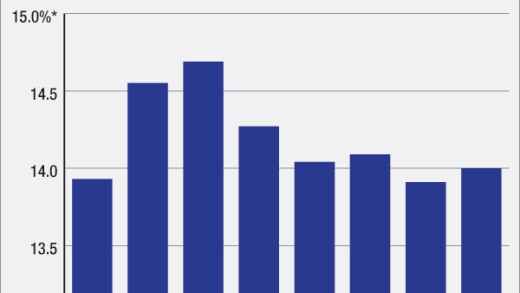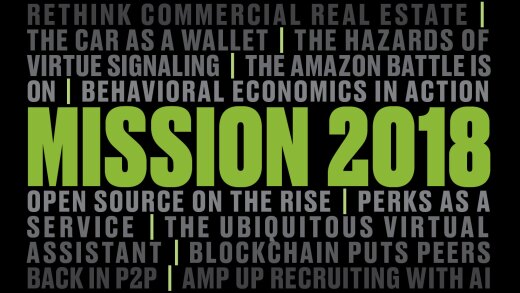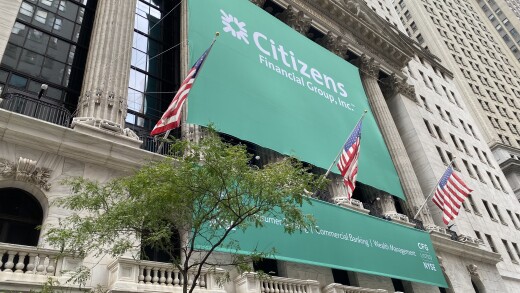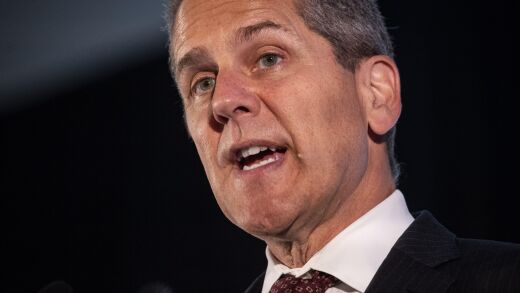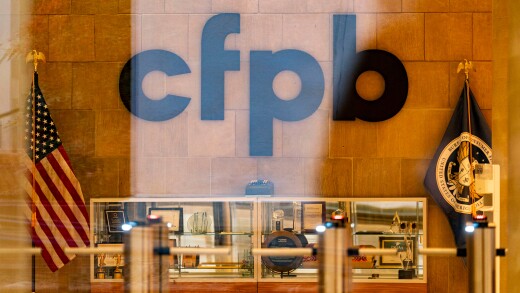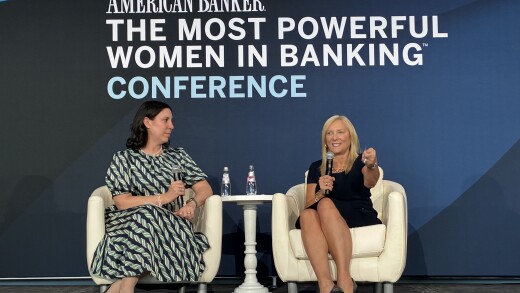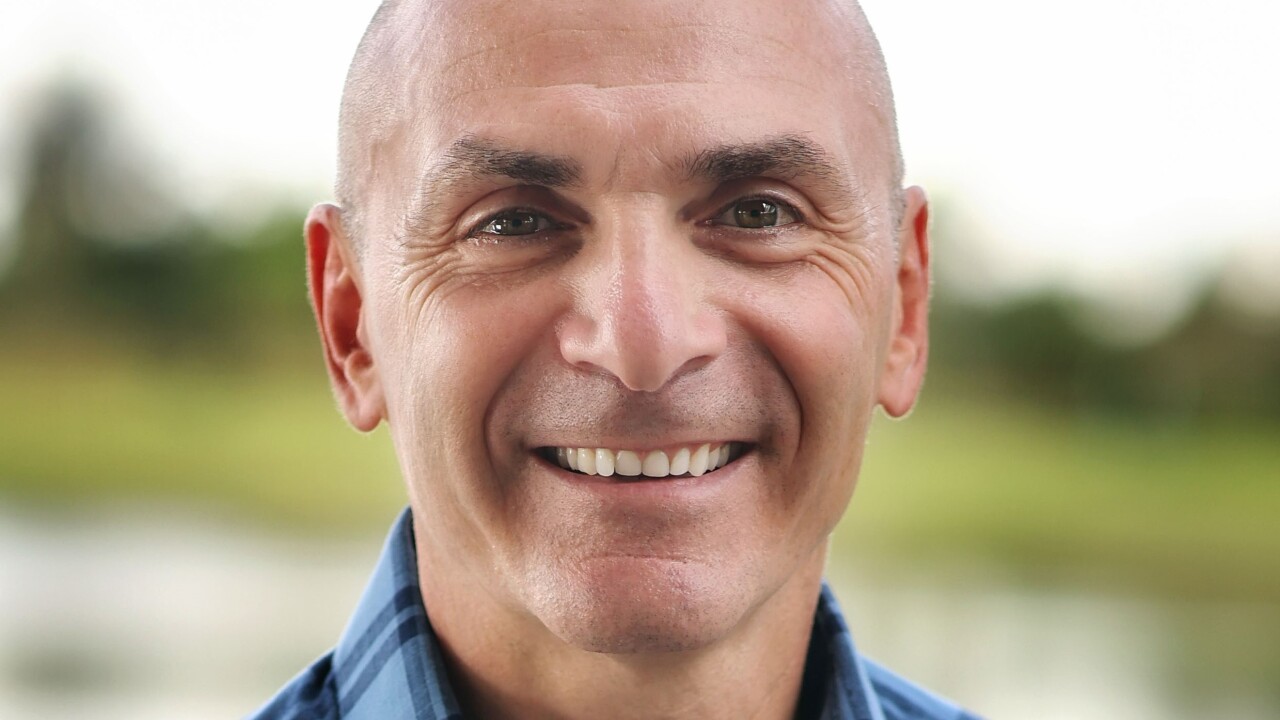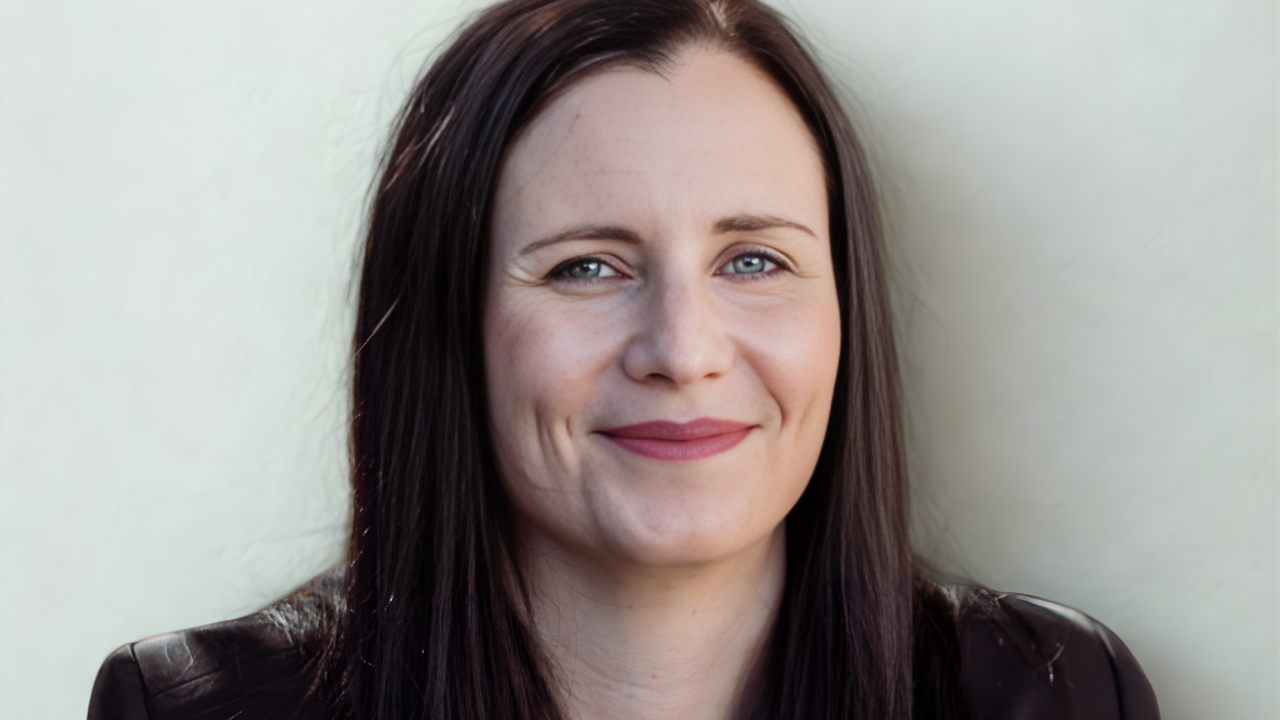The Senate confirmed former Federal Deposit Insurance Corp. board member Jonathan McKernan to serve as Treasury's under secretary for domestic finance on a party-line vote, installing a key industry ally in the Treasury Department.
The situation turns on whether the CFTC inadvertently pushed Bitfinex to adopt a weaker security system than it had been using. However, the way the bitcoin exchange used the new system was significantly flawed, security experts said.
-
The Biden administration should widen the scope of its junk fee initiatives and provide small- and medium-size businesses with relief from excessive international payments charges.
-
The rocky journey and abrupt end of the technology company's fledgling buy now/pay later service underscores ongoing challenges facing fintechs that offer point-of-sale installment loans, and how banks may benefit from the changing BNPL ecosystem.
-
The organization says 'request for pay' has gotten early traction with billing and account-to account transfers. Now it's targeting consumer-to-government and digital wallet disbursements.
Consumers are on the cusp of a seismic change in our relationship with the automobile, one that will have significant implications for stakeholders in the banking and payments landscape.
Dealmakers say the Federal Reserve's decision to reduce interest rates this month will lower borrowing costs and support banks' credit quality, making it easier for buyers to assess sellers' balance sheets and agree on sale terms.
The Federal Reserve governor said it is healthy to examine the regulatory architecture, but stressed the importance of the central bank having insight into the banking system.
-
Banks are simultaneously looking to shed their obligations under laws like the Community Reinvestment Act and begging the government for more support in the form of higher deposit insurance limits.
-
People love the convenience of nonbanks' financial apps. Regulators could make it much safer for them to share their data with third parties.
-
Wise bank managers make sure that they are training employees for their next roles, and creating a deep bench of versatile talent.
-
The credit scoring agency's rollout comes after years of criticism from home lenders over its prices, with delivery costs rising over 40% in the past year.
-
The Consumer Financial Protection Bureau will delay its small-business lending data rule by a year, citing litigation and plans to rewrite the regulation in the interim as reasons for the delay.
-
A flurry of product launches are designed to keep the payment company's merchants in-house by making it easier to deploy artificial intelligence-driven payments and stablecoins.
-
Banks are scouring consumer complaints, bank accounts and loan denials to identify people and companies who they may have cut off from banking services amid a new push by the Trump administration to address allegations of political bias in debanking.
-
As the government shutdown stalls key housing programs, lenders are shifting tactics to keep loans moving and preparing for bigger challenges ahead.
-
Department officials pushed back on criticism that a banner on its homepage violated a statute meant to curb partisanship in government operations.
- Daily BriefingDelivered Every WeekdayIdeas that impact your business delivered to your inbox every day.
- TechnologyWednesday, ThursdayThe latest industry developments from digital banking to cybersecurity to AI.
- PaymentsDelivered Every WeekdayAn early-morning roundup of important headlines from the past 24 hours.
- Best of the WeekFridayThe most important and widely read stories from the previous week.
Vitaliy Shtyrkin is the chief product officer of B2BINPAY, an all-in-one crypto ecosystem for business.
Acquisition talks fell through in the final hours, according to reports. Also: Visa launched another stablecoin pilot on Visa Direct; the Bank of England seeks input on stablecoin restrictions; and more in this week's global payments roundup.
The 23rd annual ranking of women leaders in the banking industry.
-
- Partner Insights from Mass Mutual
-
-







